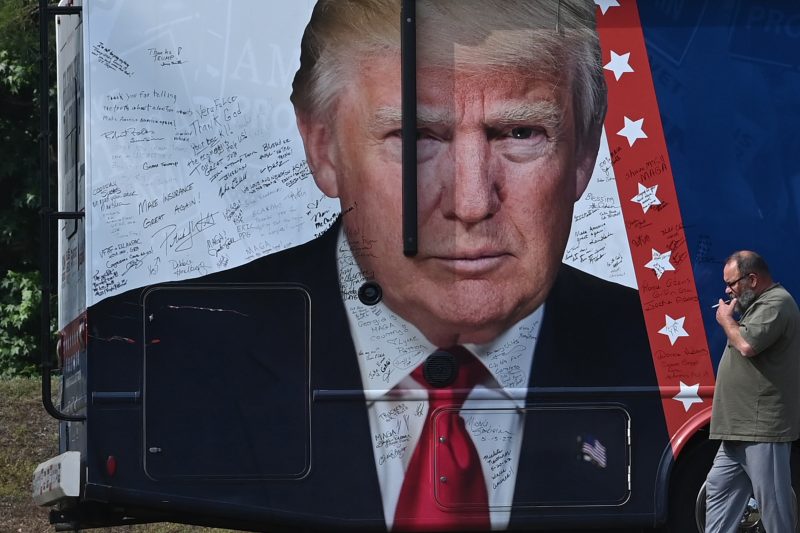In a surprising turn of events, President Donald Trump recently met with a vaping lobbyist to discuss the future of the vaping industry in the United States. This meeting has sparked intense speculation and debate among various stakeholders, especially considering the ongoing concerns about the rise in teen vaping and associated health risks.
The meeting between President Trump and the vaping lobbyist raises questions about the influence of special interest groups in shaping government policies. Critics argue that such private consultations can potentially lead to regulatory decisions that prioritize industry profits over public health. This concern is particularly relevant in the context of the vaping industry, which has faced backlash for its role in the youth vaping epidemic.
One of the key points of contention is the role of flavored e-cigarettes in attracting younger users to vaping. Proponents of stricter regulations on vaping products argue that flavored e-liquids play a significant role in appealing to underage consumers, leading to a surge in youth vaping rates. On the other hand, industry representatives emphasize the importance of flavors in helping adult smokers transition away from traditional cigarettes.
President Trump’s pledge to support the vaping industry has drawn mixed reactions from various segments of society. Supporters of vaping argue that e-cigarettes offer a less harmful alternative to traditional smoking and can help adult smokers quit tobacco. They view the President’s stance as a positive step towards preserving consumer choice and promoting harm reduction.
However, opponents of the vaping industry express concerns about the potential consequences of loosening regulations on e-cigarettes. They point to the growing number of reported cases of vaping-related illnesses and deaths, warning that a lax regulatory approach could exacerbate public health risks. They urge for stronger measures to curb youth vaping and protect vulnerable populations from the harms of nicotine addiction.
The debate over vaping regulation is complex and multifaceted, encompassing issues of public health, individual liberties, and economic interests. As policymakers grapple with finding a balance between regulating a burgeoning industry and safeguarding public health, it is crucial to consider the diverse perspectives and interests involved.
Ultimately, the outcome of the meeting between President Trump and the vaping lobbyist underscores the challenges of navigating the intricate landscape of tobacco and nicotine regulation. As the government weighs its decisions on vaping policy, it is imperative to prioritize evidence-based approaches that prioritize public health and well-being above all else.

